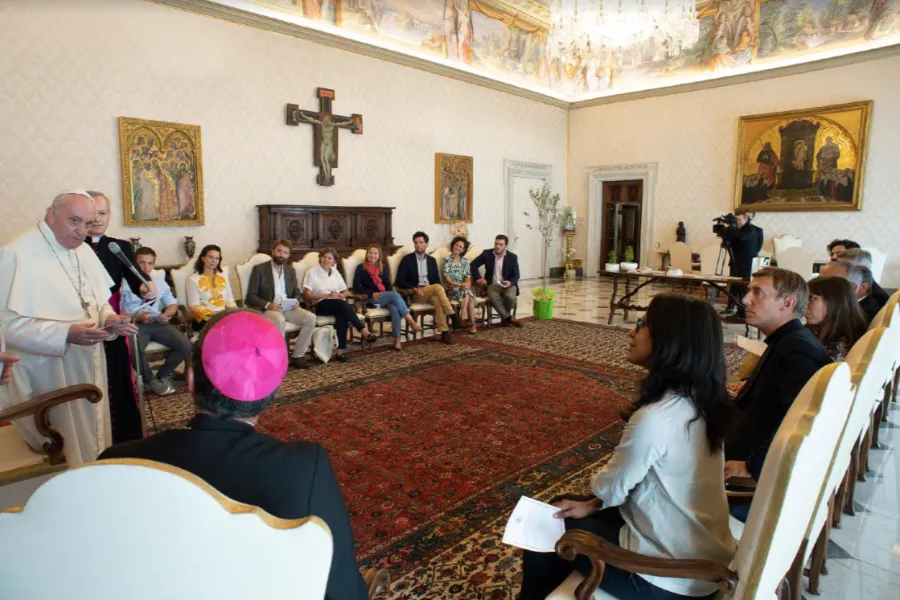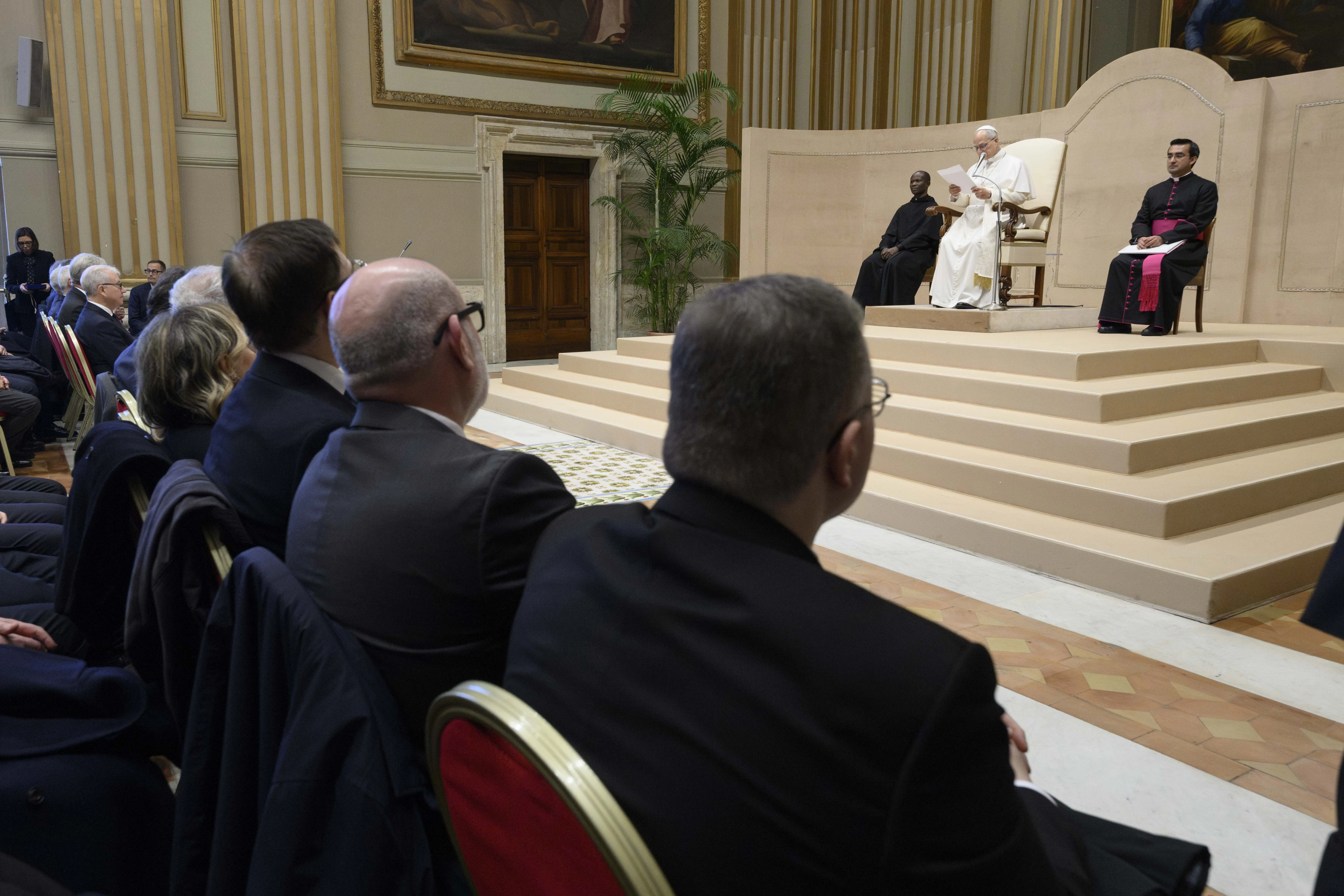He wrote: “With regard to this ecological conversion, I would like to share with you the way in which the convictions of faith offer Christians great motivations for the protection of nature, as well as of the most vulnerable brothers and sisters, because I am certain that science and faith, which propose different approaches to reality, can develop an intense and fruitful dialogue.”
“The Bible teaches us that the world was not born of chaos or chance, but of a decision of God who called it, and always calls it, into existence, out of love. The universe is beautiful and good, and contemplating it allows us to glimpse the infinite beauty and goodness of its Author.”
“Each creature, even the most ephemeral, is the object of the tenderness of the Father, who gives it a place in the world. The Christian can only respect the work that the Father has entrusted to him, like a garden to cultivate, to be protected, to grow according to its potential.”
The pope added: “There will be no new relationship with nature without a new human being, and it is by healing the human heart that one can hope to heal the world from its social and environmental unrest.”
Those present at the audience included the Academy Award-winning actor Juliette Binoche.
In a Sept. 2 interview with the French newspaper Le Figaro, Binoche said that, although she was not a Catholic, she was visiting the Vatican “in a spirit of openness.”
“I see this as a moment of sharing. I read the encyclical Laudato si’ on ecology and it was a breath of fresh air for me,” she said.
According to Le Figaro, other members of the delegation included Audrey Pulvar, deputy mayor of Paris; Valérie Cabanes, a lawyer who helped to found the movement End Ecocide on Earth; Maxime de Rostolan, an ecological entrepreneur and founder of the organizations Fermes d’avenir, Blue Bees and Communitrees; Fr. Gaël Giraud, an economist and Jesuit priest; Pablo Servigne, co-author of the book “Comment tout peut s’effondrer” (How Everything Can Collapse”); and Raphaël Cornu-Thénard, an architect and lay Catholic.
The pope ended his written address by encouraging the visitors to redouble their efforts to protect the environment.
He said: “While the conditions of the planet can appear catastrophic and certain situations even seem irreversible, we Christians do not lose hope because we have our eyes turned to Jesus Christ. He is God, the Creator himself, who came to visit his creation and to dwell among us, to heal us, to restore the harmony that we have lost, harmony among brothers and harmony with nature.”







